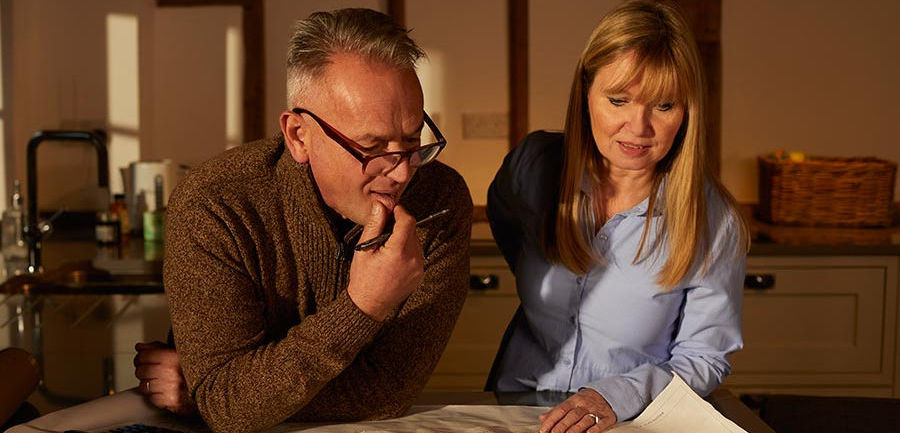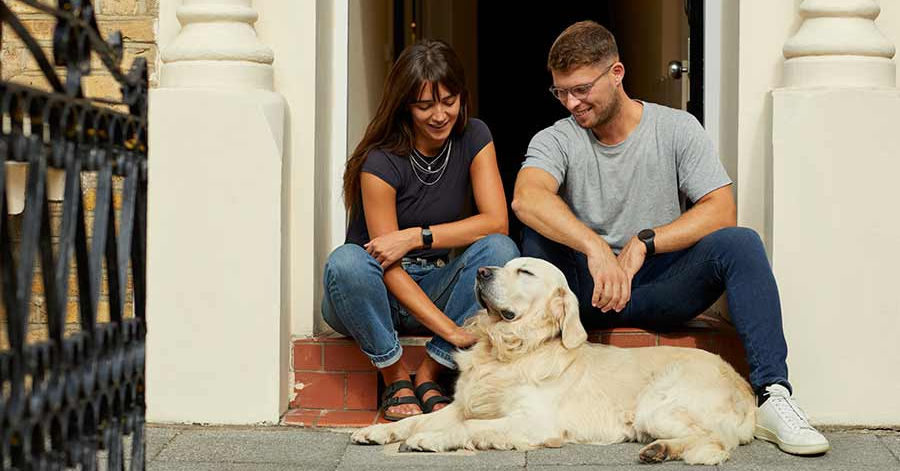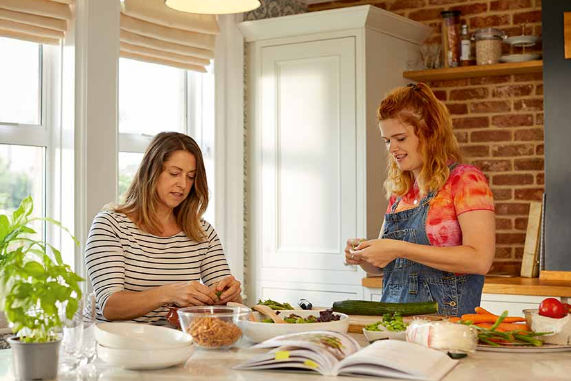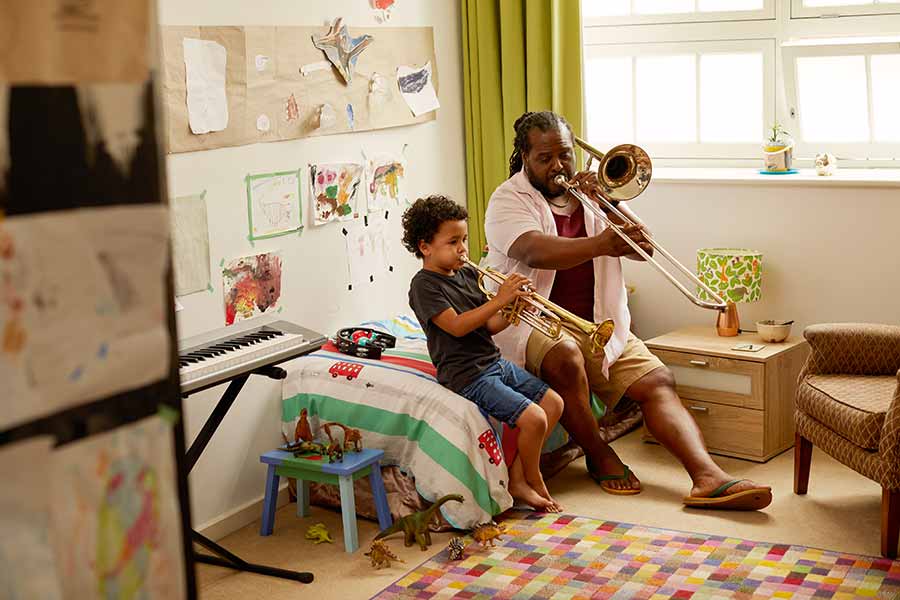Your pension in your pocket
Our app makes it easy to keep an eye on your pension and plan for the future.

If you’re looking to make the most of your finances and reduce your tax bill for 2024/25 now is the perfect time. Our 6 top tips can help you make the most of your current allowances and tax relief, but be quick as they’ll need to be done by the 5th April 2025 or you’ll miss out.

You can save up to £20,000 tax-free in 2024/25, so make the most of any leftover ISA allowance before you lose it on 5 April. What kind of ISAs you choose, and how you share your allowance among them, is largely up to you. Opt for whatever combination of cash, stocks and shares, and innovative finance ISAs suits you.

Higher earners have their personal allowance reduced by £1 for every £2 of ‘adjusted net income’ over £100,000. There’s no allowance left for those with income above £125,140. But it may be possible to reclaim some or all of it by using excess income to make a personal pension contribution (which will attract tax relief too).
Read up on the retirement basics, like tax in retirement.
If you pay more than 20% tax on some of your income, you can claim additional tax relief either by contacting HMRC or via your self-assessment tax return. If you are a Scottish taxpayer the tax relief you will be entitled to will be at the Scottish Rate of income tax, which may be different from the rest of the UK. Tax treatment depends on your individual circumstances. Your circumstances and tax rules may change in the future.

Check to see if you can top up your pension contributions. Many people can benefit from tax relief on pension contributions equivalent to as much as 100% of their taxable earnings. Annual allowance limits can complicate the picture, however, so it’s best to seek advice to maximise this tax relief.
Of course, it can be easy to forget about your pension once it’s set up. But topping up payments by even a small amount can really add up over time. If you wish to find out more about adding in more to your pension, speak to your employer or contact your pension provider.
Pensions are a long-term investment. The retirement benefits you receive from your pension plan will depend on a number of factors including the value of your plan when you decide to take your benefits which isn’t guaranteed, and can go down as well as up. The value of your plan could fall below the amount(s) paid in.

You could reduce your income tax bill by over £250 for 2024/25 by sharing some of your personal allowance with your spouse. The marriage allowance applies to married couples and civil partnerships in which one is a non-taxpayer and the other a basic rate taxpayer. Consider claiming if one of you has very little or no taxable income.
To find out more visit the Government website.

If you pay enough tax, you can choose to donate to charity through Gift Aid. Your chosen cause will receive an extra 25p for every £1 you give. Higher and additional rate taxpayers can get tax relief on grossed-up donations at the rate of either 20% or 25% (the difference between your rate and the basic rate applied to the donation).
Find out more about how donating through Gift Aid can benefit both you and the causes you want to support.
Visit the Government website to find out more about tax relief on Gift Aid.

The High Income Child Benefit tax charge comes into effect if your ‘adjusted net income’ (your income before Personal Allowances and after certain tax reliefs) is above £60,000 and you (or your partner) receive Child Benefit. Check to see if increasing your pension contributions would reduce your adjusted net income to below this threshold – letting you keep the full amount of Child Benefit you receive.
Speak to your employer or pension provider if you want to increase your contributions.
To find out more on Child benefit visit the Government website.
Every care has been taken to ensure that this information is correct and in accordance with our understanding of the law and HM Revenue & Customs practice, which may change. However, independent confirmation should be obtained before acting or retaining from acting in reliance upon the information given.
If you have any questions or would like advice based on the above you should consider speaking to a financial adviser, who’ll normally charge a fee for any advice they give.